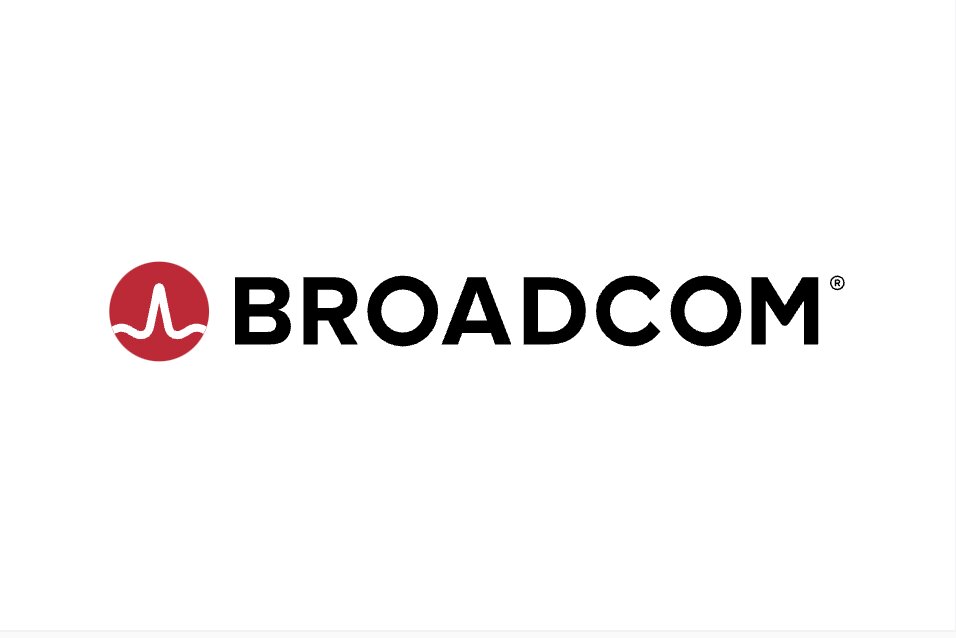Recent reports have highlighted the possibility of a major semiconductor industry shake-up, with Broadcom Inc. exploring a potential acquisition of Intel Corporation’s chip design and marketing divisions.
This development has drawn attention due to the strategic realignment it could bring to the global semiconductor landscape. The Wall Street Journal reported that Broadcom has been evaluating a possible bid but would likely proceed only if a partner could be secured to manage Intel’s manufacturing operations.
Intel, long considered a pillar of U.S. semiconductor innovation, has faced financial difficulties and competitive pressures. With its stock losing approximately 60% of its value in 2024 and a workforce reduction of 15%, the company is at a critical juncture. Former CEO Pat Gelsinger’s efforts to revitalize Intel’s manufacturing capabilities fell short, leading to strategic reconsiderations. As a result, industry observers suggest that splitting Intel’s operations—separating chip design from manufacturing—may present an opportunity for Broadcom to strengthen its presence in semiconductor design while leveraging a manufacturing partnership.
TSMC’s Parallel Interest and Government Considerations
Taiwan Semiconductor Manufacturing Company (TSMC) has also expressed interest in acquiring some or all of Intel’s chip fabrication plants. However, unlike Broadcom, which is primarily focused on chip design and marketing, TSMC’s interest lies in manufacturing. The involvement of these two industry giants underscores the significance of Intel’s assets in the global semiconductor supply chain.
National security concerns have added another layer of complexity to the potential deals. The U.S. government has historically supported Intel as a critical domestic chip manufacturer, awarding it a $7.86 billion subsidy in 2024 to bolster onshore production. The White House has expressed reservations about foreign ownership of Intel’s manufacturing operations, making it unlikely that TSMC would gain full control without strict regulatory oversight.
Broadcom’s AI-Centric Strategy and Growth Trajectory
Broadcom’s interest in Intel aligns with its broader AI-driven growth strategy. The company has successfully expanded its influence in the AI sector, designing custom AI chips for major technology firms such as Alphabet and Meta. This strategic focus has propelled Broadcom’s market valuation beyond $1 trillion, reinforcing its position as a key player in the next-generation semiconductor market. CEO Hock Tan has emphasized Broadcom’s commitment to AI innovation and downplayed the likelihood of a full-scale Intel acquisition, suggesting that any deal would be highly conditional.
Broadcom’s Regulatory Challenges with the KFTC
In parallel with its strategic considerations regarding Intel, Broadcom has faced scrutiny from the Korea Fair Trade Commission (KFTC) over alleged anti-competitive practices. These investigations led to significant regulatory actions, including a 19.1 billion won (approximately $14.24 million) fine in September 2023. Broadcom was found to have leveraged its dominant market position to pressure Samsung Electronics into an unfavorable three-year supply contract.
Following the fine, Broadcom engaged in a consent decree process with the KFTC to resolve these concerns. In August 2022, Broadcom proposed voluntary remedies, including ceasing coercive contracting practices and pledging 13 billion won to support South Korea’s semiconductor sector. These measures were deemed sufficient to restore competitive balance, with ongoing regulatory oversight ensuring compliance.
